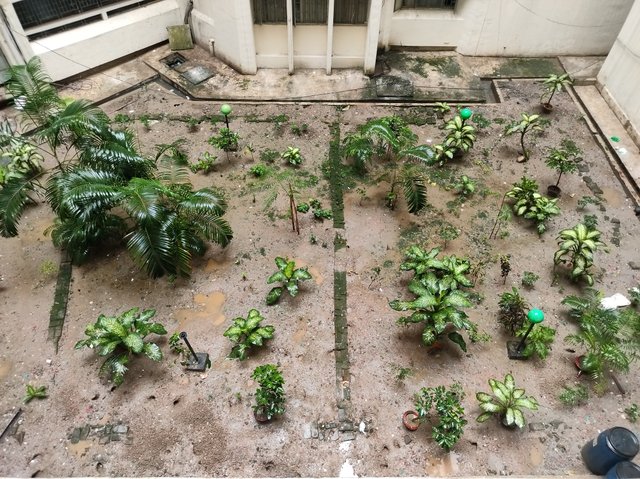Unclean areas pose several disadvantages

Health Risks: Unclean areas can harbor harmful bacteria, viruses, and pests, increasing the risk of illnesses and infections for those exposed.
Environmental Impact: Pollution from litter and improper waste disposal can harm ecosystems, wildlife, and water sources, leading to long-term environmental damage.
Aesthetic Issues: Unclean areas are unsightly and can negatively affect the aesthetics of neighborhoods and communities, potentially reducing property values.
Safety Hazards: Accumulated trash and debris can create safety hazards, such as tripping hazards, fire risks, and blocked emergency exits.
Negative Perception: An unclean area can give the impression of neglect and contribute to a negative perception of the surrounding area, affecting businesses and tourism.
Social Consequences: Unclean areas may discourage community cohesion and discourage people from using public spaces, leading to a decline in social interaction.
It's essential to maintain clean environments to mitigate these disadvantages and promote health, safety, and overall well-being.